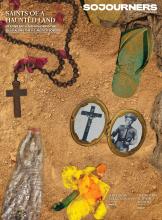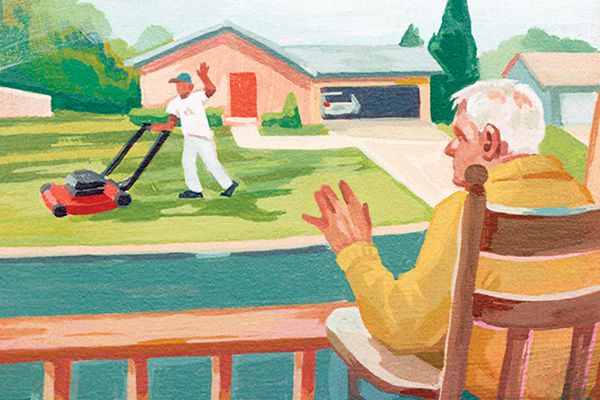ELECTIONS ARE UPON us. The electoral choices we make, or do not make, have far-reaching implications both for this country and others, for us and future generations.
Four years ago, I gave up my Indian citizenship and became an American citizen to vote in the U.S. general election in 2020. At that time, it seemed like the most important election in my life — and I wanted to have a say in it. Astonishingly, the stakes for elections this November feel as anxiety-inducing and consequential, if not more, than four years ago.
Such fears notwithstanding, as people of faith we vote from a place of hope, not despair. As Christians in a powerful nation, we have a particular responsibility to vote, not just for ourselves but with sensitivity to the Body of Christ around the world. Voting in democratic systems such as ours models a nonviolent transfer of power. We vote for ourselves and for our neighbors. We vote because elections afford us an opportunity to pursue a just and fair future for our communities and country. Elections can give legislative framework to a full range of our faith commitments; ensure that our public institutions serve the poor rather than exploit them; and shape our country into the multiethnic, multireligious, economically equitable democracy it is intended to be. Our votes can contribute to the transformations we envision.
This election season, all people of faith and good conscience must reflect deeply, organize effectively, and vote diligently to elect competent and compassionate leadership. May we choose our leaders wisely.
Read the Full Article

